Top 10 Largest Beverage Companies in the World 2025
By ICON TEAM | Published on Jul 19, 2025
List Of Top 10 Largest Beverage Companies in the World 2025:
With a valuation of over $2 trillion, the global beverage industry is expected to remain a vibrant and competitive sector in 2025, driven by changing customer demands for premium, sustainable, and health-conscious goods. Through extensive distribution networks, smart acquisitions, and innovation, the biggest beverage businesses control the market for everything from iconic soft drinks to artisan brews, premium spirits, and cutting-edge functional beverages. This article highlights the major products, business plans, and industry contributions of the top 10 biggest beverage businesses in the world in 2025, as determined by a combination of revenue, market capitalization, and worldwide influence. Recent market analysis and industry reports are the source of the data.
1. The Coca-Cola Company:
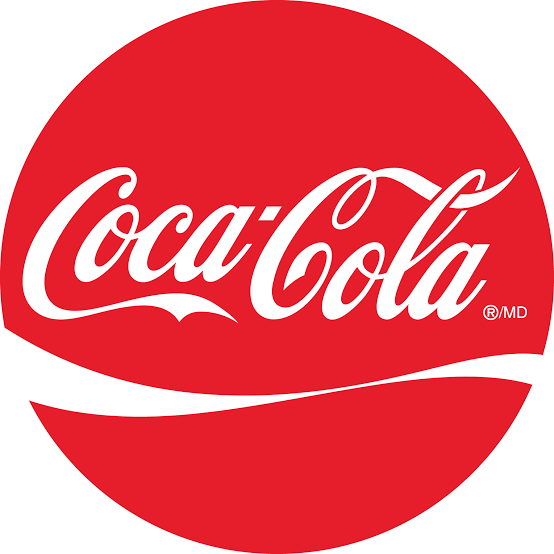
With its main office located in Atlanta, Georgia, The Coca-Cola Company, which has a $312.09 billion market valuation as of April 2025, is still the undisputed leader in the worldwide beverage sector. Coca-Cola, a global brand with more than 200 nations, generated $46 billion in income in 2024 thanks to its wide range of products, which included ready-to-drink teas and coffees, juices (Minute Maid), sports drinks (Powerade), and sparkling soft drinks (Coca-Cola, Sprite, and Fanta). In order to keep up with customer trends, the company's 2025 strategy places a strong emphasis on zero-sugar varieties, environmentally friendly packaging, and growing its line of health-conscious products, such as plant-based beverages. Coca-Cola's worldwide bottling network, which includes alliances with businesses such as Coca-Cola FEMSA, strengthens its market leadership. It is positioned as a leader in environmental responsibility due to its emphasis on sustainability, which includes implementing attached-cap plastic bottles throughout its manufacturing facilities. Coca-Cola maintains its leadership position in the industry thanks to its size and brand equity, even in the face of competition from smaller, specialized competitors.
2. Kweichow Moutai:
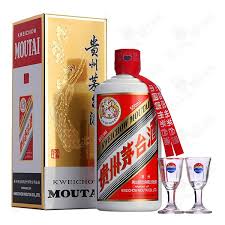
Second place goes to China's state-owned distillery, Kweichow Moutai, which as of April 2025 had a market valuation of $267.38 billion. Moutai is a cultural symbol that specializes in baijiu, the national spirit of China, and is frequently served at formal banquets and festivities. In 2024, the company's sales increased by 16%, and in 2025, it is expected to grow by 9%. In order to cater to younger consumers, the company has expanded into new product categories including as coffee and ice cream that contain alcohol, in addition to its signature Maotai liquor. Moutai is a powerful player in the alcoholic beverage industry due to its domination in the Chinese market and growing worldwide reach. Despite a more pessimistic view for 2025 because of market constraints, its capacity to combine tradition with contemporary innovation guarantees its continuous growth.
3. PepsiCo:
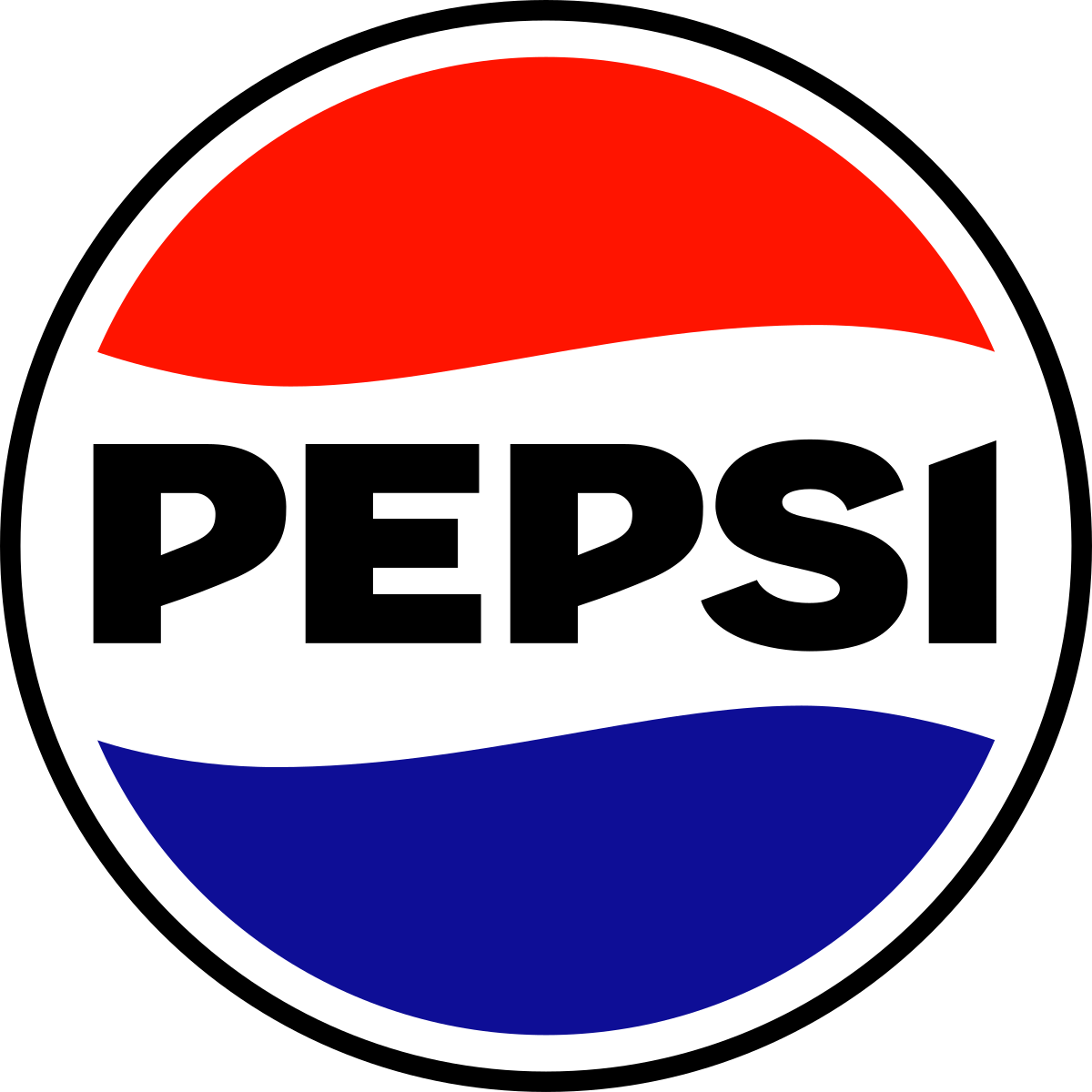
Founded in Purchase, New York, PepsiCo is a multinational behemoth with a $185.52 billion market valuation and projected revenue of $91.9 billion in 2024. PepsiCo's strength is its dual concentration on beverages and snacks (Quaker Oats, Frito-Lay), even though it is well-known for its beverage portfolio, which includes Pepsi-Cola, Gatorade, Mountain Dew, and Tropicana. Although operational difficulties are expected to cause a 3% drop in earnings per share in 2025, the company is still innovating with low-sugar and functional beverages to satisfy the desires of health-conscious consumers. PepsiCo offers exceptional market resilience thanks to its extensive worldwide distribution network and cross-promotional tactics across its food and beverage businesses. Its emphasis on high-end goods, such as Pepsi Max in the UK, and environmental programs strengthen its standing as a multifaceted industry titan.
4. Fomento Económico Mexicano (FEMSA):
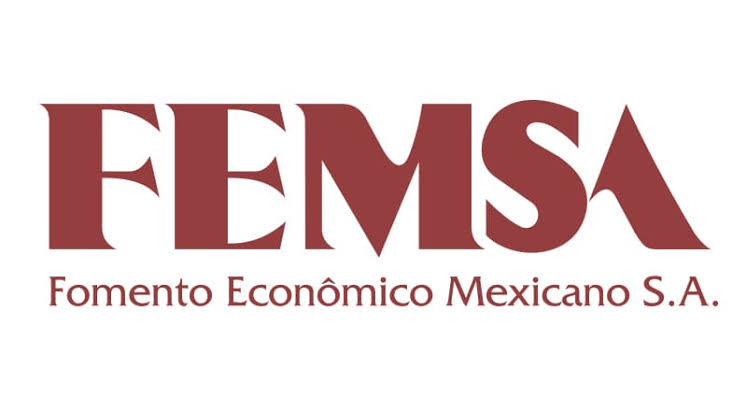
Through its subsidiary, Coca-Cola FEMSA, FEMSA, which has a market valuation of $183.75 billion, is the biggest Coca-Cola bottler in the world. With its headquarters located in Mexico, FEMSA is a multinational corporation that produces its own beverages, runs retail networks, and bottles and distributes Coca-Cola products in more than 70 countries. Its crucial role in Coca-Cola's worldwide supply chain, with an emphasis on Latin American markets, is reflected in its 2024 revenue. FEMSA's market position has been reinforced by its strategic investments in digital distribution platforms and acquisitions. The business is still committed to sustainability in 2025, supporting Coca-Cola's efforts to use eco-friendly packaging. FEMSA is a major participant in the non-alcoholic beverage industry thanks to its ability to capitalize on its bottling knowledge and geographic domination.
5. Anheuser-Busch InBev (AB InBev):
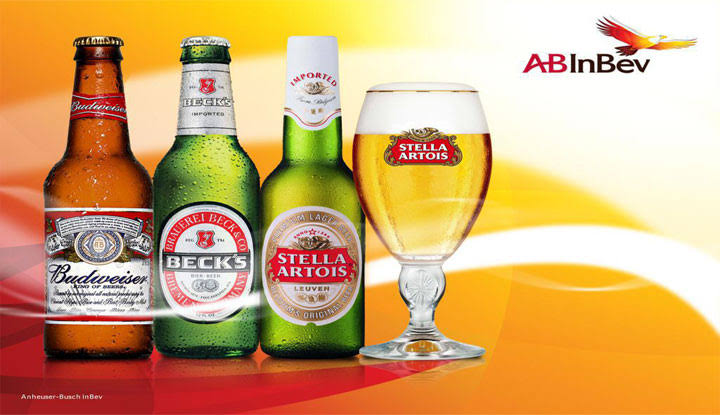
Belgium-based Anheuser-Busch InBev (AB InBev) With a market valuation of $130.88 billion and projected sales of over $57 billion in 2023, Anheuser-Busch InBev is the biggest brewer in the world. Along with non-alcoholic drinks, its portfolio features well-known beer brands like Budweiser, Corona, Stella Artois, and Michelob Ultra. In 2023, AB InBev produced 585 million hectoliters of beer in 150 countries. By purchasing craft breweries like Breckenridge and 10 Barrel and investing in non-alcoholic and low-alcohol beers, the corporation has responded to changing consumer tastes. With projects including carbon reduction plans and biodegradable packaging, AB InBev is still committed to sustainability in 2025. Its 40% market share in the US beer industry and calculated divestitures, like selling brands to Tilray Brands, guarantee its flexibility in a cutthroat environment.
6. Nestlé S.A.:
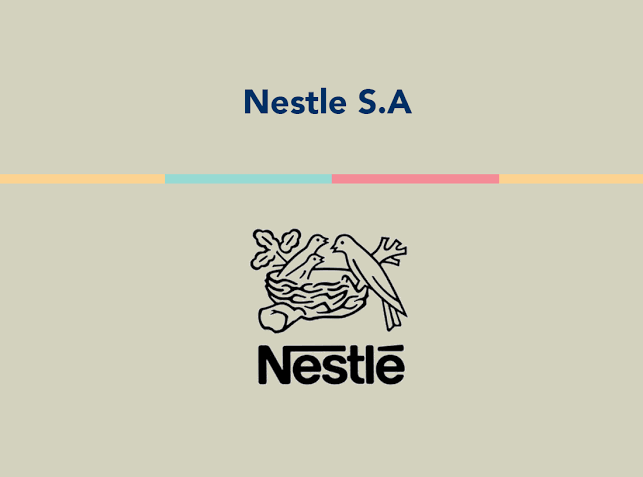
Nestlé, a multinational food and beverage conglomerate with a sizable beverage sector and headquarters in Vevey, Switzerland, is expected to generate over $59 billion in revenues in 2023. Its beverage portfolio includes Nestea, Milo, Pure Life (bottled water), Nespresso (luxury coffee pods), and Nescafé (the most popular instant coffee brand in the world). Nestlé's emphasis on wellness and health, demonstrated by items like plant-based creamers and functional drinks, is in line with consumer expectations for 2025. The organization has a devoted following of customers thanks to its global reach and emphasis on quality. Nestlé's relationships with events and custom-branded coolers increase brand awareness. Nestlé is still at the forefront of the alcoholic and non-alcoholic beverage markets in 2025 thanks to its innovative use of digital marketing and ecological packaging.
7. Diageo:
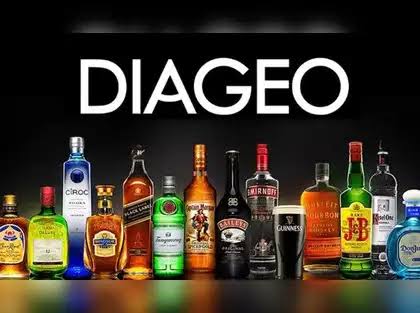
A worldwide corporation with headquarters in London, Diageo is a market leader in high-end alcoholic beverages, with a market valuation of $58.15 billion and projected revenue of $20 billion in 2022. Its portfolio includes ready-to-drink (RTD) cocktails as well as well-known brands like Baileys, Smirnoff, Guinness, and Johnnie Walker. Diageo's "Society 2030: Spirit of Progress" plan places a strong emphasis on sustainability through programs including carbon reduction and eco-friendly packaging. In 2025, the business grows its RTD business and fortifies alliances, such its partnership with Bacardi to market Corona in Brazil. Despite obstacles from regulations and health concerns, Diageo's drive on premiumization and worldwide brand-building guarantees its supremacy in the spirits business.
8. Heineken N.V.
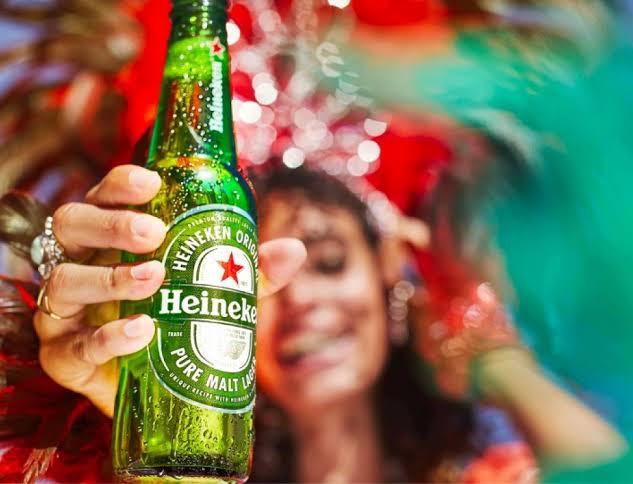
Heineken, a multinational brewing behemoth with a market valuation of $50.53 billion, has its headquarters in Amsterdam, Netherlands. Heineken, Amstel, and numerous local beer and cider brands are among its portfolio. With targets for carbon neutrality and sustainable sourcing, the company's "Brew a Better World" campaign emphasizes environmental sustainability. To appeal to consumers who are health-conscious, Heineken plans to grow its premium beer business and low-alcohol products by 2025. Heineken, which is available in more than 70 countries, uses international advertising campaigns and music and sports sponsorships to keep consumers loyal to the brand. Its standing as a leading producer of alcoholic beverages is cemented by its ability to withstand economic hardships.
9. Nongfu Spring Co., Ltd.:
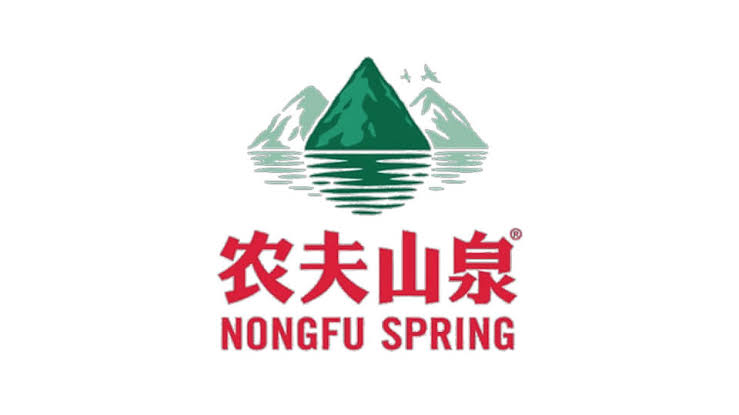
With a $64.60 billion market valuation, Nongfu Spring, a major manufacturer of bottled water and non-alcoholic beverages, is headquartered in Hangzhou, China. Taking advantage of China's increasing demand for health-conscious beverages, Nongfu Spring, which is well-known for its premium drinking water from natural springs, has expanded into juices, teas, and functional beverages. Appealing to younger customers, the corporation keeps growing its product line and e-commerce presence in 2025. Because of its focus on natural ingredients and open sourcing, Nongfu Spring has established itself as a reliable brand in Asia and is becoming more well-known outside. Its quick expansion makes it a major force in the market for non-alcoholic beverages.
10. Red Bull GmbH:
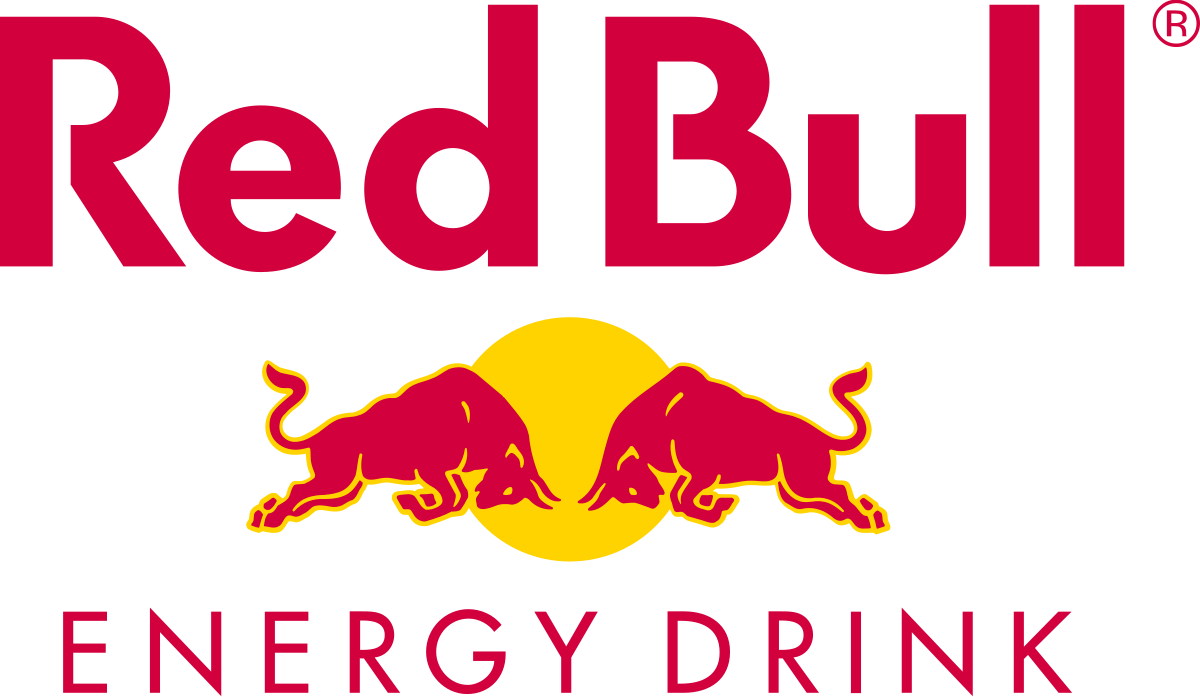
Founded in 1987 in Austria, Red Bull is the market leader for energy drinks worldwide, with projected sales of almost $9 billion in 2022. With a unique marketing approach focused on extreme sports and youth culture, its renowned energy drink leads the industry. In order to keep up with wellness trends, Red Bull plans to increase the number of sugar-free and functional drink options it offers in 2025. The company's worldwide sponsorships, which range from music events to Formula 1, increase the visibility of its brand. Red Bull competes with bigger publicly traded behemoths in the beverage sector thanks to its creative branding and market influence, even though it is privately held.
Comments 0